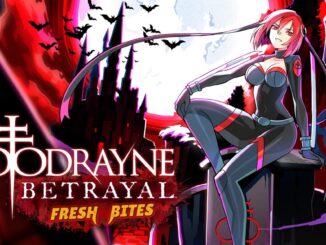

Hugging, kissing, and touching are obvious go-tos, but they don’t come easily for everyone.Īffection doesn’t have to be only physical, though. Showing affectionĭel Hierro also recommends finding ways to express affection. Sometimes, just acknowledging the other person and saying “I see you. These could also be something simple like washing your mug so your partner doesn’t’ have to. She recommends asking yourself, “What did my loved one do that helped me today?”Įven small things, like making coffee, deserve a “thank you” or a hug, kiss, or reciprocating act. “The strongest tip to actively choose love is to choose to look at the gratitude in a relationship,” says Del Hierro. There are simple strategies you can immediately apply to show love is a choice - your choice.
#Lovechoice switch how to#
It’s OK if you don’t know how to choose love at first.



There are different theories about attachment styles and the stages of love. Love is a biological cascade of hormones and feedback pathways in your brain, but it’s also a deep psychological connection and bond that creates a sense of comfort, intimacy, and trust. If you feel you love your partner despite the absence of loving gestures and actions from them, you may be dealing with an anxious attachment style or a personality disorder, among others. Building love, which implies emotional intimacy, may take effort and action. It may feel easy to find love at first - your hormones are leading the way. You do this by actively choosing to be a loving partner.”
#Lovechoice switch driver#
“This means you need to be the driver of the feelings. “As your relationship grows, your hormones will no longer be the driver of the feelings,” she says. Hormones may continue making you feel sexually attracted to your partner, for example, but that’s different than love. What about hormones? If love is driven in part by biology, it may seem like something beyond your control that will continue indefinitely.īut, while hormones can sweep you up in the early days of love, Elizabeth Earnshaw, a licensed marriage and family therapist from Philadelphia, explains that lasting love requires conscious decision-making. When you decide to work on communication, trust, intimacy, or emotional security, you’re choosing love. You are in control of how you act in your relationships and how much you push past conflict and challenges. Love is a choice and a decision because your actions determine if it lives on or ends.


 0 kommentar(er)
0 kommentar(er)
